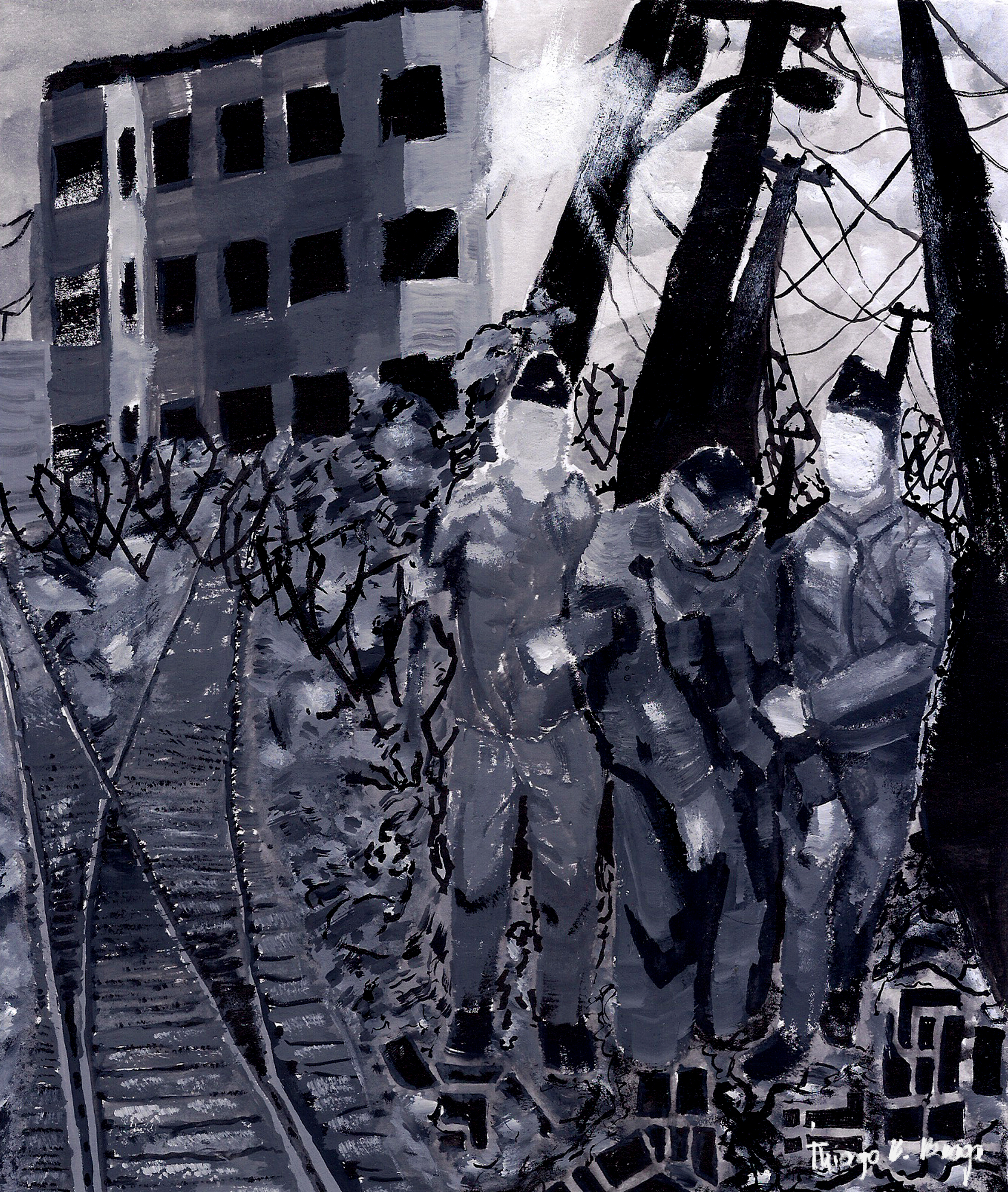Between silences and vertigo
representation of lesbianity in Domingas e a cunhada and Beijo na Face
Abstract
The present work aims to analyze the dynamics of production of subjectivities and resistance from the biographical narrative The barefoot woman (2017), by the rwandan writer Scholastique Mukasonga. The novel, written in memory of Stefania, the writer's mother, murdered by the Hutus during the civil war in Rwanda, is a story woven into several voices and is based on the evocation of memories about her childhood and the women she lived with in the context the Rwandan independence process and the genocide that followed. Here we will mobilize the notion of “writing-shroud”, as a lens through which we can read and understand Mukasonga's gesture of denouncing the horrors and effects of colonialism on the lives of those who appear in official narratives as simple statistical data, but also fulfills the function of covering dignity and preserving the remains of the bodies and lives of those who did not survive to speak in your own name. Thus, we are mainly interested in reflecting on the experiences of women in the midst of the process of colonization and daily resistance present in the novel, pointing to the possibility of building other possible narratives in Africa.







